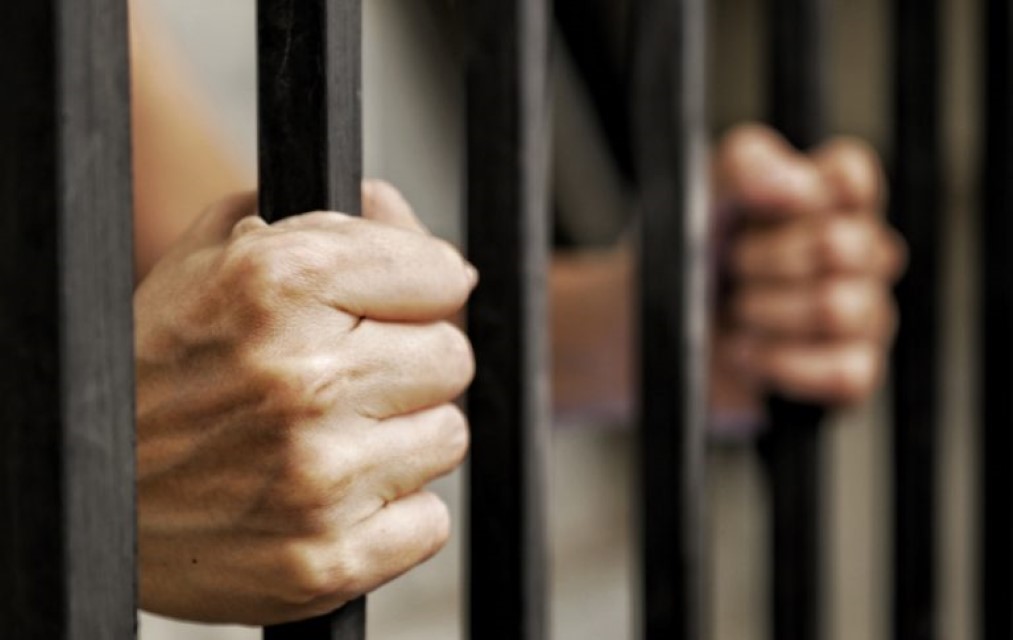Probation is a common criminal justice tool that allows individuals to serve out a sentence in the community rather than in jail or prison. Probation comes with strict conditions that probationers must follow, such as maintaining employment, attending required meetings, obeying all laws, avoiding drugs and alcohol, and more. Failure to comply with these probation terms can result in probation violations and revocation of probation, leading to incarceration.
Probation officers monitor probationers to ensure compliance with all probation conditions. If a probationer violates any terms, the probation officer has the authority to file a violation report with the court. But how long does a probation officer have to actually file the violation after it occurs?
Grace Periods for Violations
There is no set national standard or law dictating how long a probation officer has to report a violation. Time limits are set at the state level, and policies can vary widely between jurisdictions. Many states allow for an informal “grace period” where the probation officer may choose to address minor first-time infractions directly with the probationer, without filing an official violation report right away.
For instance, if a probationer shows up a few minutes late for an appointment or admits to a one-time drug relapse, the officer may opt to keep working with them in probation programming for a period before escalating to a violation. However, more serious violations like new arrests or absconding tend to be reported immediately.

Formal Time Limits
While grace periods are discretionary, most states have codified time limits on how long the probation agency has to formally report violations to the court after learning of them. These limits aim to ensure timely reporting and prevent defendants’ due process rights from being violated. Common state time limits include:
– 30 days
– 45 days
– 60 days
– 90 days
If a violation is not reported within the mandated timeframe in that jurisdiction, it essentially expires and can no longer be used to revoke probation.
Tolling Provisions
Many states build in provisions that “toll” or pause the reporting time limits under certain circumstances. For example, time limits may be tolled if a defendant:
– Absconds from supervision
– Is imprisoned on other charges
– Is awaiting adjudication of new charges
– Waives their right to a violation hearing
Under tolling provisions, the clock stops running until the issue is resolved, then starts up again from where it left off. This prevents time limits from expiring during times when violations cannot be addressed.

Violation Hearings
Once a violation report is filed with the court, the presiding judge determines how to proceed. Minor infractions may result in sanctions like community service, increased reporting, or brief jail stays. But serious or repeat violations could potentially lead to a revocation hearing.
At this hearing, prosecutors present evidence of the alleged violations and probationers have the right to contest them before the judge makes a ruling that could include full revocation of probation and imposition of the original suspended sentence.
The path from violation to revocation can be complex, but understanding officers’ time constraints is critical. With sound legal counsel, probationers can ensure their rights are protected throughout the process.

